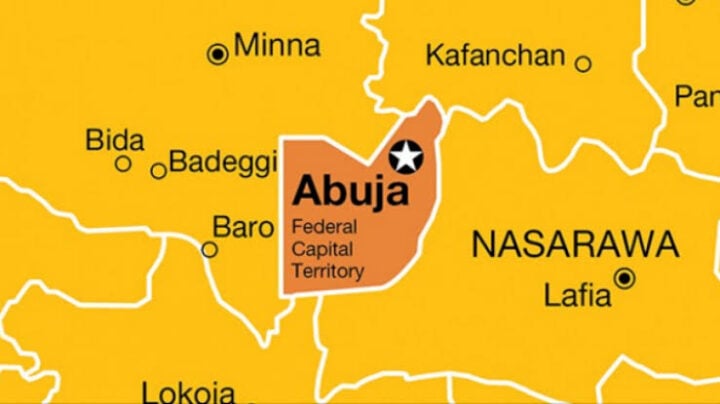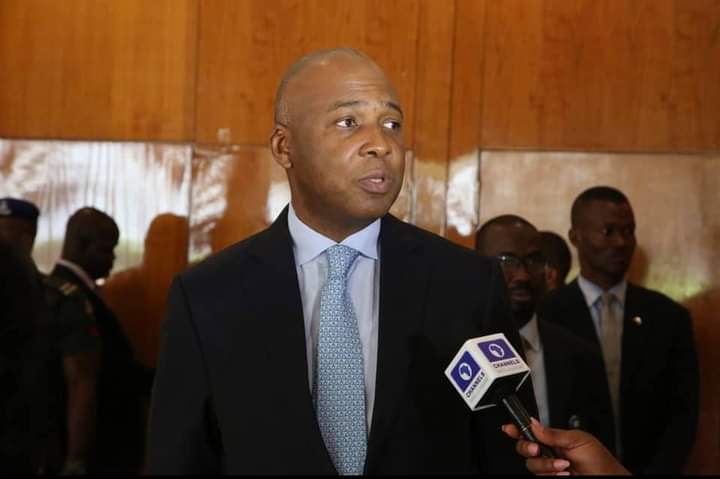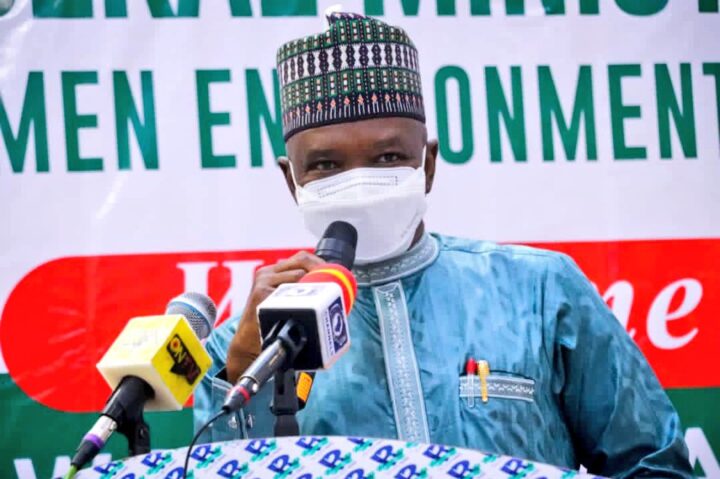The federal capital territory administration (FCTA) says 69 persons have died of cholera since the recent outbreak of the disease in the nation’s capital.
Mohammad Kawu, acting secretary, health and human services secretariat (HHSS), announced this at the end of a meeting of the FCT emergency operations centre (EOC).
Mohammed Bello, FCT minister, was also present at the meeting.
According to Kawu, the number of confirmed cholera cases in the FCT has exceeded 1,000 infections.
Advertisement
A statement by Anthony Ogunleye, chief press secretary to the FCTA, on Friday, quoted Kawu as saying the cholera case count has dropped, following concerted efforts to combat the spread of infections.
Kawu attributed the drop to the collaborative efforts of relevant agencies in the HHSS, as well as the FCT water board and the Abuja environmental protection board (AEPB).
“The acting secretary explained that there were 69 fatalities from over 1000 confirmed cases of the disease in the FCT, while the other victims have been treated and discharged from health facilities,” the statement reads.
Advertisement
“He disclosed that Bwari Area Council has been identified as the epicenter of the outbreak in the FCT, followed by the Abuja Municipal Area Council, and reiterated that measures have been put in place to prevent recurrence.”
Kawu said residents displaying symptoms of the disease were being treated for free in the FCTA health facilities, adding that adequate drugs and other medical consumables were made available in those facilities.
“We have repositioned treatment, drugs, other consumables in all the health facilities in affected areas and all secondary healthcare facilities in the FCT so that anybody that has diarrhea is treated free,” he added.
“We have also provided water and sanitation in the affected areas by working with the FCT Water Board, FCT Rural Water Supply and Sanitation Agency (RUWASA) and the Abuja Environmental Protection Board (AEPB).”
Advertisement
Add a comment






